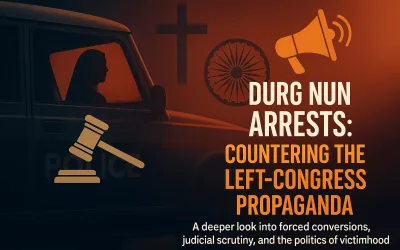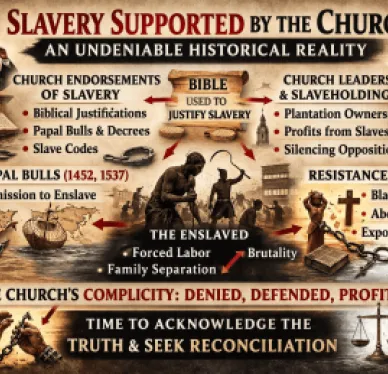The Catholic Church has been a significant cultural influence in the Americas, with over 40 per cent of the global Christian population residing in the region, and has played a crucial role in shaping its history and traditions. However, the Vatican's grip on the continent has been gradually slipping over the past few decades. In the 1960s, 90 per cent of Americans identified as Christian, but by 2017, that number had dropped to 59 per cent, with a downward trend continuing.
Chile has seen a significant decline in trust in the Church, with figures dropping from 72 per cent in 1995 to a mere 31 per cent in 2020. Latinobarometro data indicates that Chile is among the most agnostic nations globally, with 35 per cent of the population identifying as agnostic.
Furthermore, in Chile, the proportion of the population identifying as Christian has declined to approximately 45 per cent, compared to 70 per cent 15 years ago. Comparable trends are also evident in other countries in the region, including Peru, Argentina, Brazil, Mexico, El Salvador, and Honduras.
The substantial drop in Church's influence in America has been partially attributed to a series of sex abuse scandals that have severely impacted the Church's reputation. These scandals, along with the subsequent cover-ups, have resulted in an increasing number of people distrusting the Church and its leaders. The Church is now struggling to regain its reputation and retain its flock.
Documentation of cases of sexual abuse by Catholic priests in America first reported in the 1960s, but it was not until the 1990s that the matter garnered significant media attention. The most infamous case involved Father Marcial Maciel Degollado, the founder of the Legionaries of Christ, a prominent religious order operating in over 20 countries. Maciel was accused of sexually assaulting children and young adults for decades, and despite the Vatican's knowledge of the allegations, he was not disciplined until 2006.
Another high-profile case that drew global attention was that of Father Fernando Karadima in Chile, who the Vatican found guilty in 2011 of sexually abusing minors. This case resulted in a broader investigation into the Church in Chile, exposing a systemic cover-up of sexual abuse by bishops and other church officials.
In Brazil, one of the most notable cases involved Bishop Dom José Ronaldo Ribeiro of Janaúba, who was apprehended in 2010 on charges of raping a 17-year-old boy. The Vatican subsequently defrocked Ribeiro, but the incident tarnished the reputation of the Church in Brazil. That same year, a video purportedly displaying a priest sexually assaulting an altar boy was shown on television, resulting in an investigation into three priests.
In 2018, a report was published documenting prevalent sexual abuse within the Church in Chile, leading to the resignation of all 34 Chilean bishops.
El Salvador has also grappled with sex abuse scandals within the Catholic Church. In the Archdiocese of San Salvador, the third-highest-ranking priest, Jesus Delgado, was terminated after an investigation disclosed that he had sexually molested a girl aged between 9 and 17. In 2016, a canonical court found Delgado and two other priests in El Salvador guilty of engaging in sexual abuse between 1980 and 2000, leading to their removal from the priesthood.
The Church has faced criticism for its response to these sex abuse scandals, with many people denouncing it as insufficient and even conspiring to conceal the abuses. Several survivors of sexual abuse have accused the Church of shielding perpetrators and placing its reputation above the safety of its congregants.
The ramifications of these scandals have been extensive, with trust in the Church in America eroding considerably. Consequently, there has been a reduction in the number of individuals identifying as Christians, while there has been a rise in the number of people identifying as agnostic. Moreover, the Church's once-overbearing authority over politics and society in America has been diluted due to these scandals.
Survivors of sexual abuse perpetrated by members of the Church in America continue to be distrustful of the Church's ability to resolve the issue satisfactorily. Some survivors have even gone as far as to criticize the Church's response as inadequate.
The sex abuse scandals have brought to light the Church's failure to tackle sexual abuse and its tendency to prioritize its image over the welfare of its followers. Though the Church has made some efforts to confront the issue, it still has a lot of work to do in restoring trust with its members and tackling the problem of sexual abuse. So far, massive amount has been spend as compensation to victims of sexual abuse, the gap between Church and people continue to increase.











Comments
Add new comment